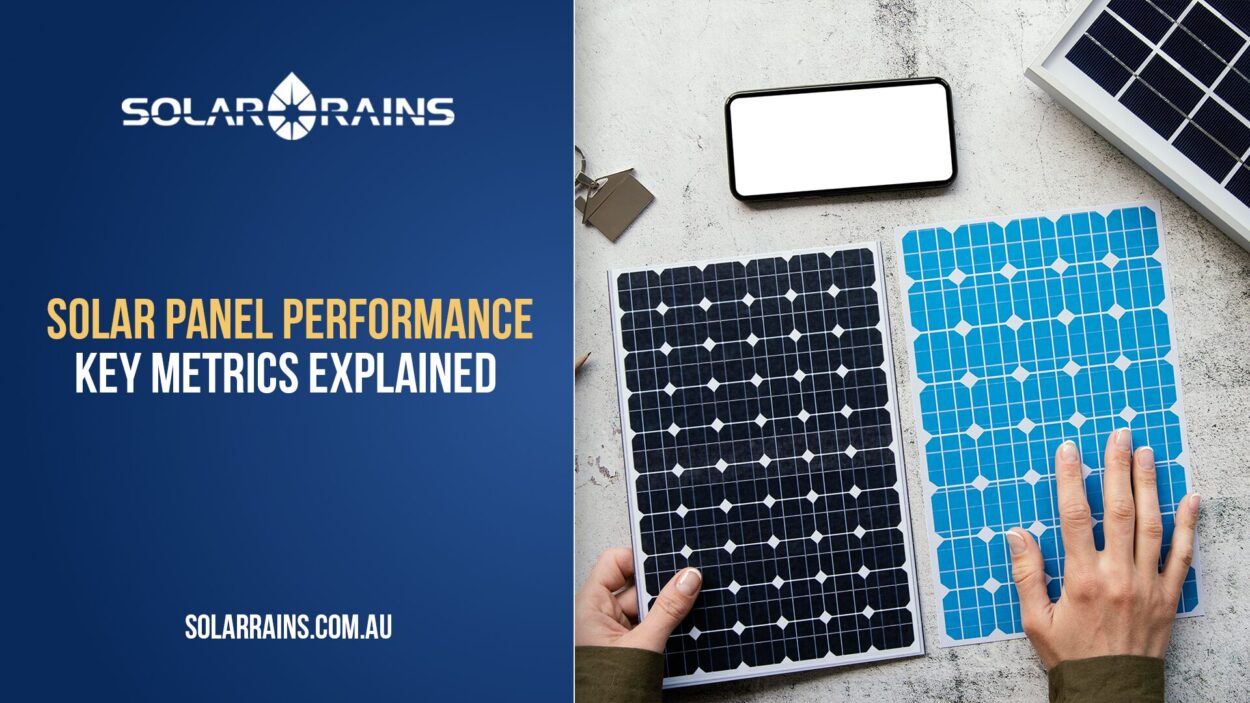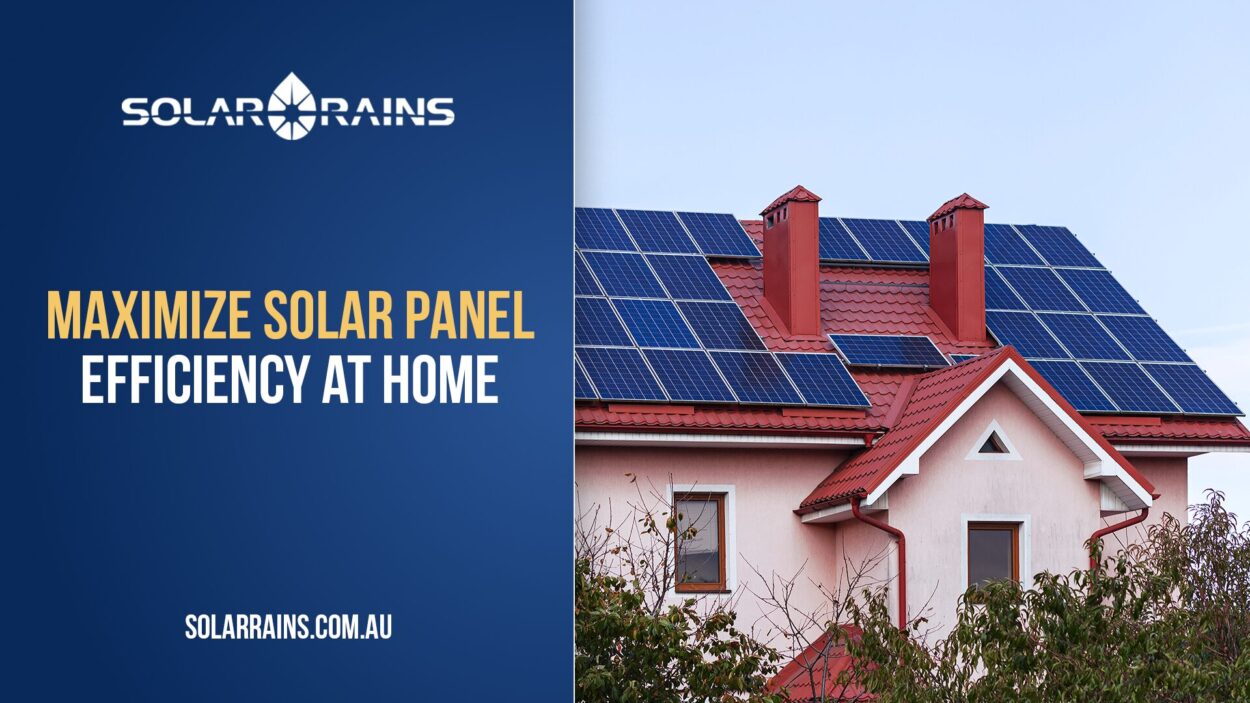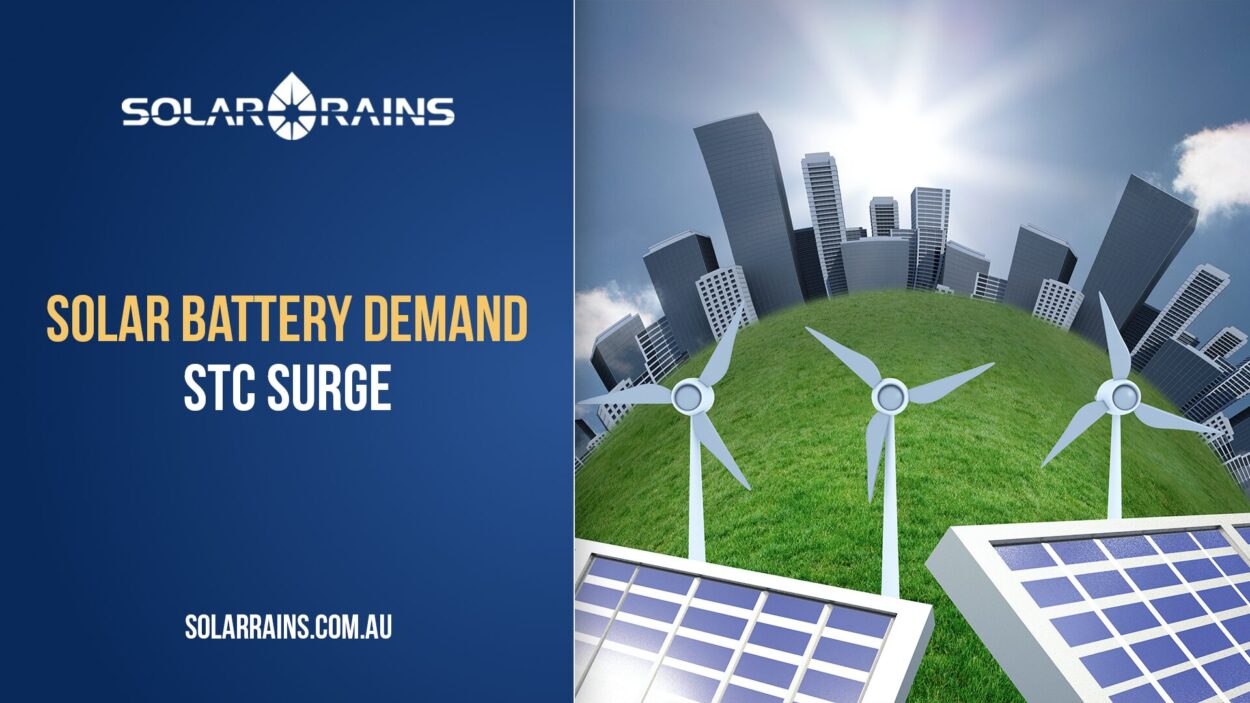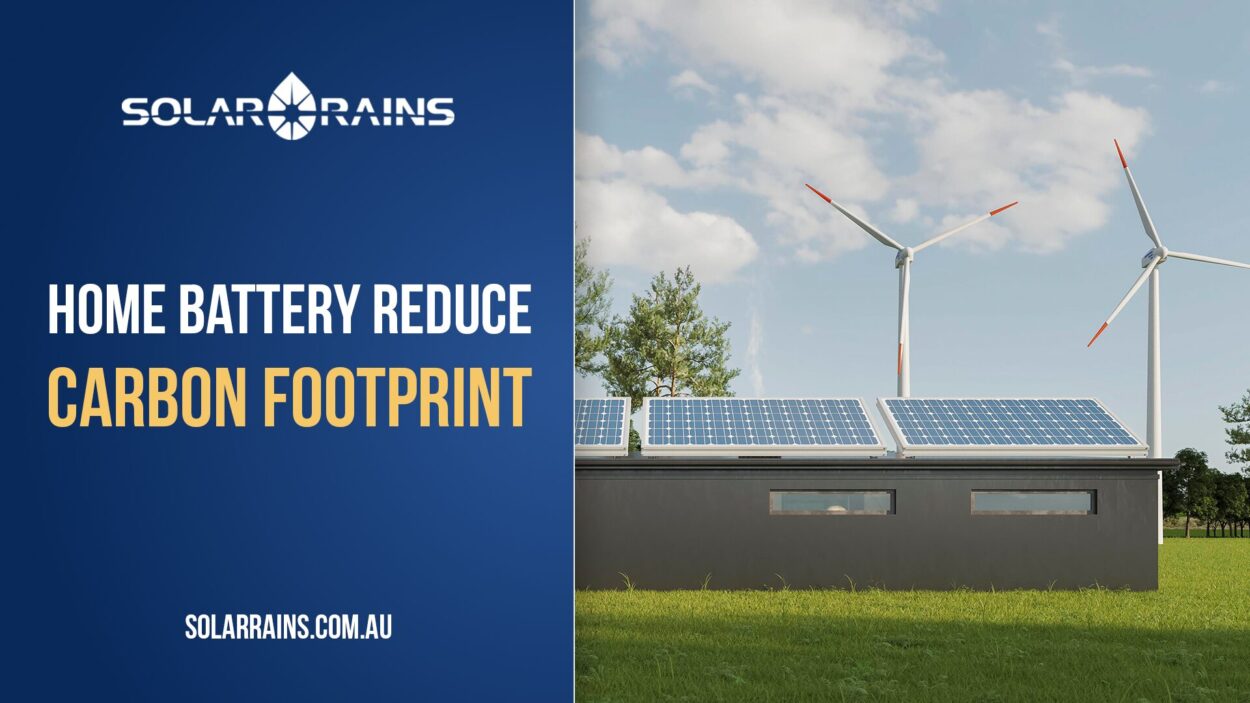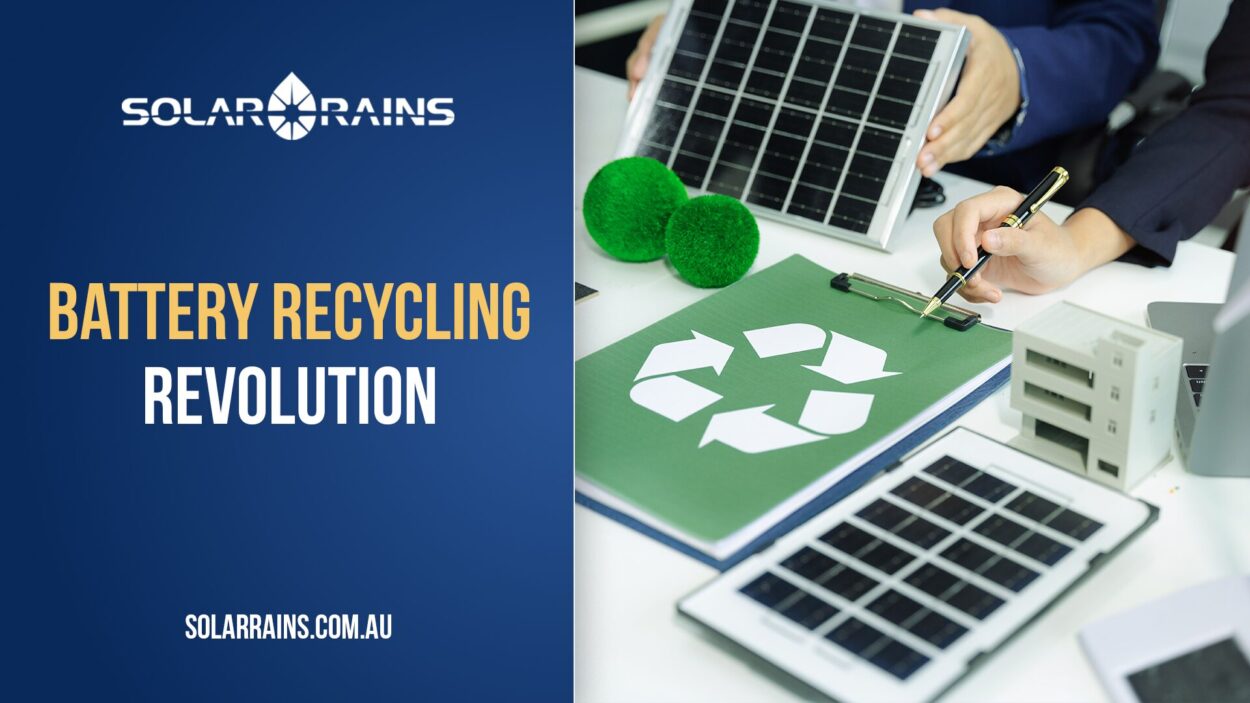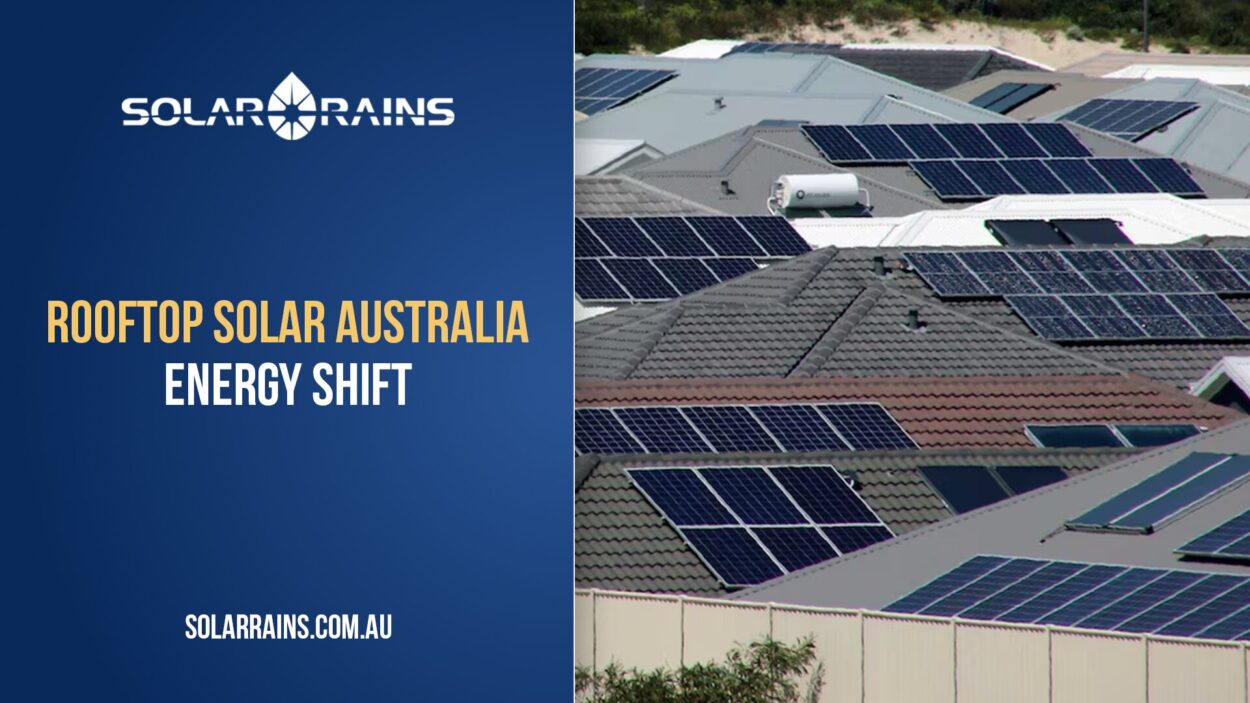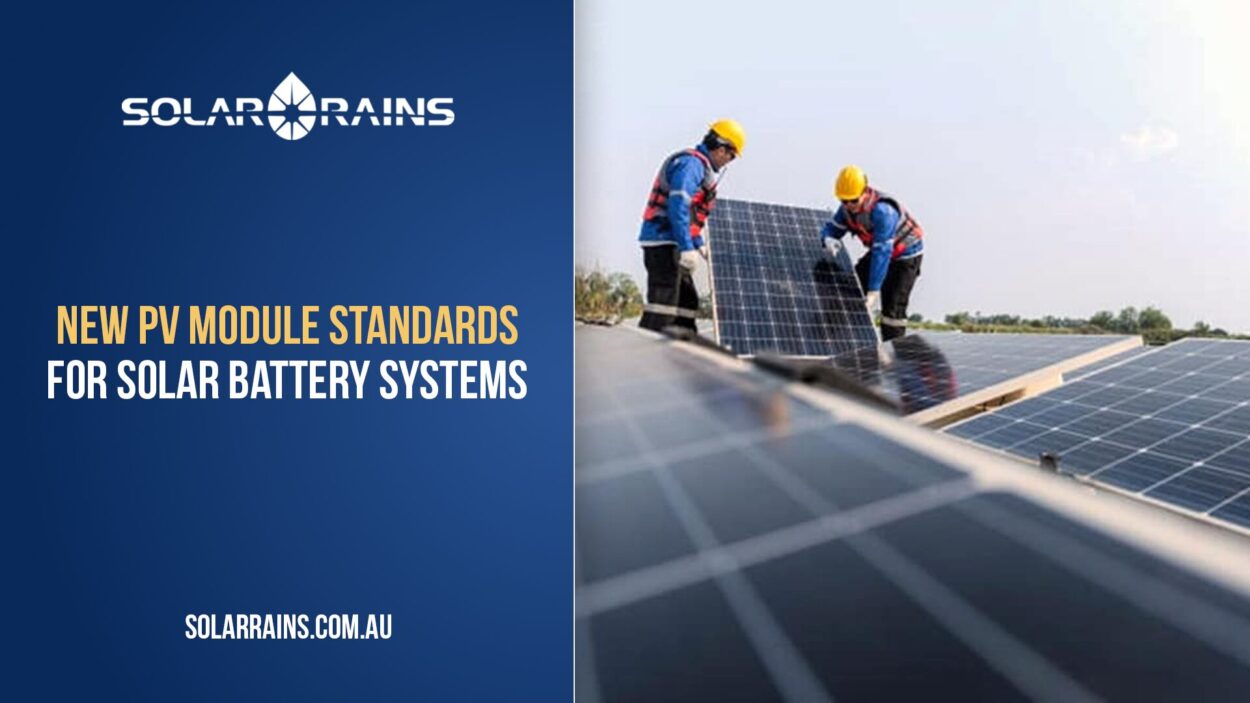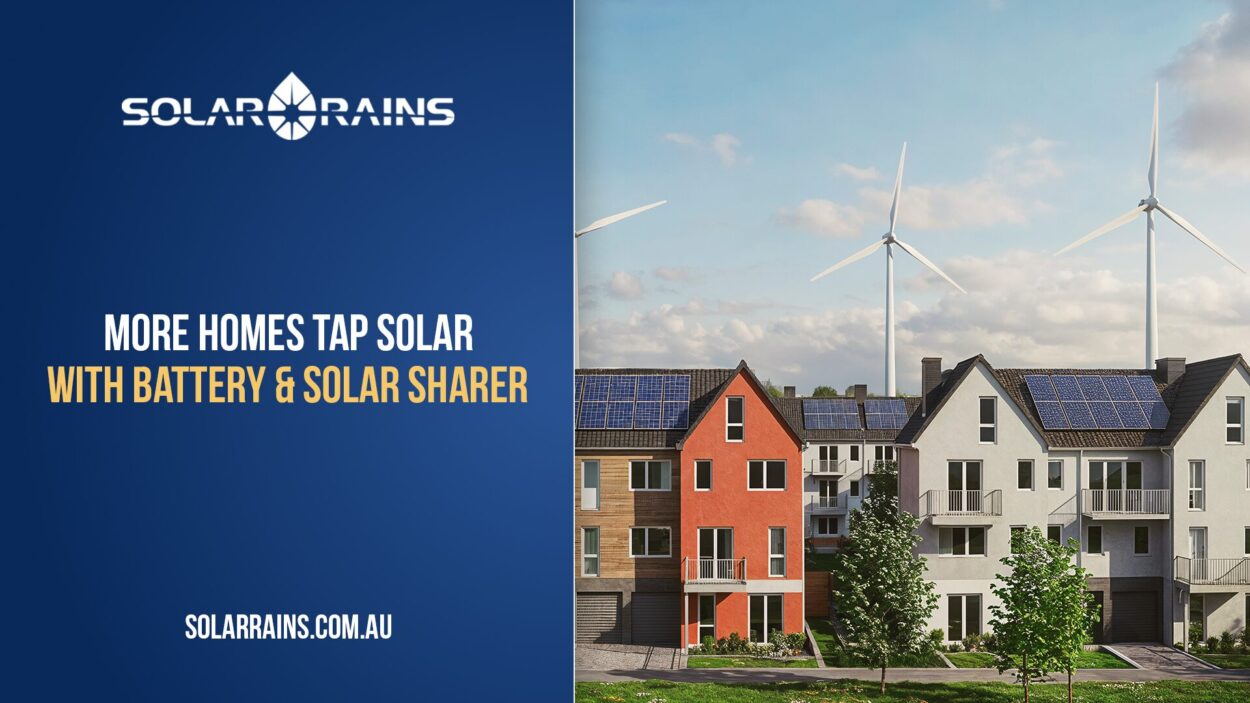Why Understanding AC vs DC Matters in Solar
As solar power becomes mainstream across Australia, more homeowners and businesses are investing in solar panels and energy storage. But a fundamental question remains: how does electricity from a solar panel actually flow through your system? The answer lies in understanding the difference between Alternating Current (AC) and Direct Current (DC) – two forms of electricity that behave differently, have different applications, and ultimately determine how your solar battery, inverter, and appliances work.
Understanding AC and DC power is essential not only for system design but also for choosing the right solar supplier and equipment. In this guide, Solar Rains explains everything you need to know, simply and clearly.
What Is DC Power?
DC, or Direct Current, is the type of electricity produced by solar panels. It flows in one direction from the positive to the negative terminal.
- Used in: solar panels, solar batteries, mobile devices, LED lighting.
- Key trait: constant voltage and current direction.
Solar panels generate DC electricity because photons (sunlight) excite electrons in photovoltaic cells, creating a directional current. However, Australian homes and the grid operate on AC electricity – which is where inverters come into play.
What Is AC Power?
AC, or Alternating Current, reverses direction periodically. In Australia, standard AC power switches direction 50 times per second (50 Hz).
- Used in: the national grid, home outlets, TVs, refrigerators, AC systems.
- Key trait: efficient long-distance transmission.
Your solar inverter takes the DC electricity from panels or solar batteries and converts it to AC for household use. Without this conversion, your solar setup wouldn’t power most appliances.
AC vs DC in a Solar Panel System
Here’s how energy flows in a typical system:
| Component | AC or DC? | Description |
| Solar Panel | DC | Generates DC electricity from sunlight |
| Charge Controller | DC | Regulates voltage to battery (in off-grid systems) |
| Solar Battery | DC | Stores energy as DC |
| Inverter | DC to AC | Converts DC to AC for household use |
| Home Appliances | AC | Consume AC power |
| Grid | AC | Delivers AC electricity, can export excess solar |
So, although the sun powers your home via DC, it must be converted to AC – unless you’re running a fully DC-based off-grid system (rare in Australia).
Why the AC/DC Difference Matters
1. Efficiency & Losses
- DC systems (e.g., battery-to-appliance without conversion) reduce conversion losses.
- AC systems require inverters, and each conversion (DC to AC or back) introduces minor energy losses – typically 2-10%.
2. Battery Storage
- Most solar batteries like the Deye or Swatten series from Solar Rains store DC power.
- Some hybrid inverters charge/discharge batteries without converting to AC, improving efficiency.
3. Appliance Compatibility
- Homes use AC, so without an inverter, most appliances wouldn’t work on solar alone.
- Niche DC appliances exist but are expensive and hard to source.
System Design Considerations
When working with a solar power supplier, they’ll consider these factors when designing a solar system:
- Panel capacity (kW): How much DC power is produced.
- Inverter type: Whether it converts DC to AC efficiently.
- Battery size & voltage: How much DC is stored and how it’s managed.
- Export regulations: Australian standards require AC export to the grid.
Solar Battery Role in AC/DC
Modern solar batteries work with hybrid or string inverters to integrate AC and DC power. Here’s how:
- DC-coupled batteries connect directly to the solar DC bus (more efficient, fewer conversions).
- AC-coupled batteries use an additional inverter, receiving AC and storing it as DC.
Each has pros and cons:
| Battery Setup | Pros | Cons |
| DC-Coupled | Higher efficiency, seamless integration | Limited retrofitting options |
| AC-Coupled | Easy add-on for existing solar | Slightly higher energy loss during charging |
Safety Considerations
Understanding power flow helps ensure safety:
- DC power is more dangerous during maintenance — it doesn’t drop to zero volts like AC does when switched off.
- DC isolators like ZJ Beny units sold at Solar Rains help protect installers during panel or inverter service.
Regulations under AS/NZS 5033 and AS/NZS 4777 enforce strict safety and compliance measures. Your solar supplier must adhere to these standards during system design and installation.
Choosing the Right Equipment
When shopping for solar equipment, consider:
- Solar inverter compatibility: Can it handle both AC loads and DC batteries?
- Solar battery specs: Does it support DC or AC coupling? Round-trip efficiency?
- Product sourcing: Look for brands from reputable solar power suppliers like Solar Rains.
You’ll also want to check IP ratings (e.g., IP66) for outdoor components and whether your solar product wholesale source offers warranties and local support.
FAQs About AC vs DC Power in Solar
Solar cells naturally generate DC. AC requires complex circuits or inverters to reverse current flow.
Not unless you have a hybrid inverter and solar battery. Standard grid-tied systems disconnect during outages for safety.
It converts DC (from panels or batteries) into AC for use in your home or export to the grid.
It depends. DC-coupled systems are more efficient for new builds, while AC-coupled batteries suit retrofit installations.
All batteries store DC power, even if they’re part of an AC-coupled system.
Conclusion: AC and DC Are Both Essential in Solar Systems
Both AC and DC electricity play critical roles in modern solar panel systems. While solar panels and solar batteries use DC, Australian households and the grid require AC, making inverters the bridge between generation and consumption.
Understanding this flow helps you choose the right system, optimize performance, and work with trusted solar suppliers like Solar Rains to meet your energy needs.Whether you’re a homeowner looking for a reliable backup or a business exploring solar product wholesale options, knowing how AC and DC interact gives you the confidence to invest in a system that works long-term.


